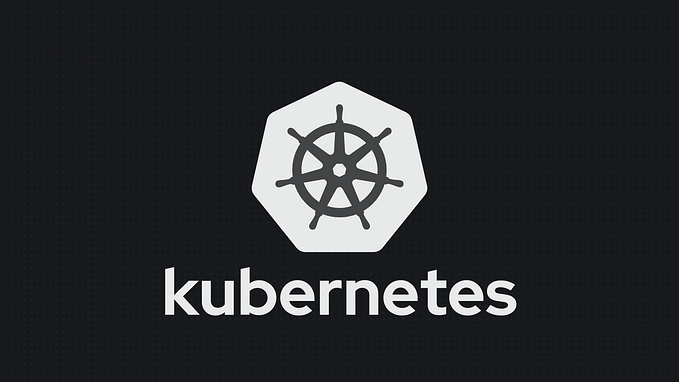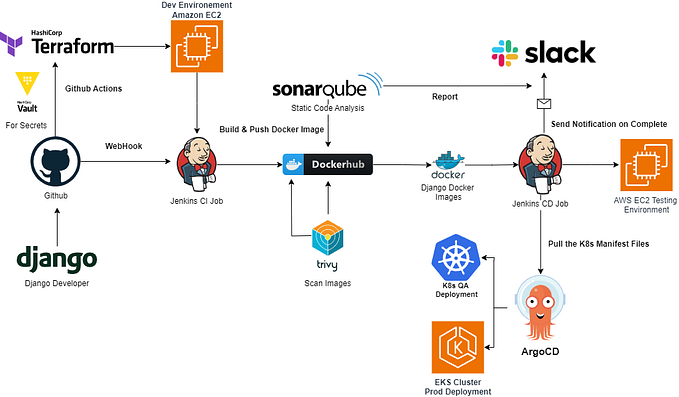Scaleway: Kapsule. First impressions of cloud infrastructure designed for developer experience.
As a cloud-infrastructure engineer, it’s a frequent challenge to find vendors where running personal clusters are both affordable and useful.
Scaleway is a company I stumbled upon recently in my quest for affordable Kubernetes clusters. As a cloud-infrastructure engineer, it’s a frequent challenge to find vendors where running personal clusters are both affordable and useful. Whether I am writing a presentation (and want to demonstrate on a cluster outside of the domain of work) or if it’s purely for experimental work. I’ve found standing up Kubernetes clusters within Google Cloud Platform and Amazon Web Services, expensive as soon as you need to run even modest workloads. Whilst running ARM-based RaspberryPi clusters is fun, it is not immediately useful. There are inconsistent multi-arch helm-charts and Docker images, limitations on node-autoscaling and unrealistic network conditions ( Also a variety of service-mesh that do not support ARM).
It leaves many of us in a conundrum of deciding whether to pay out huge fees a month, scalp some resources from a willing patron or to run everything in scaled-down petri dish environments. 🤷♀
I’ve gravitated towards the discriminators of affordability and usefulness to become the benchmark for my appraisal on cloud providers for my hobbyist use. Eventually leading me to discover Scaleway.
Scaleway looks to fulfil the infrastructure-for-engineers demand by offering Kapsule an affordable and straight forward management Kubernetes offering.
Based in Paris, the sub-two-hundred employee company has managed to create an impressive array of infrastructure offerings over the past twenty years, with a more recent advance into cloud infrastructure. Their relatively small scale makes them approachable and communicative on twitter and slack. Their platform has echos of good Heroku-like design with a peppering of Digital Ocean. The allure of a provider orientated at small scale seemed too good not to investigate further.
The Good
It’s cheap.
I currently run a three-node setup that costs me approximately £25~ a month. This runs prometheus-operator, Linkerd and of course actual workloads ( website/tunnels/kafka etc..).
DEV_M1 machines are 3 core with 4.3gigs of RAM with Scaleway footing the bill for the master.

Compute is affordable and there is a certain economy of scale with larger compute sizes. Scaleway also offers high-performance NVME drives as standard and several niche classes of compute to most users.

Also, a major appeal to me personally is the bare-metal server offering.
I’ll explore this in a later update, but my initial thoughts would be to group-buy this with a few friends to make running dedicated infrastructure more cost-effective.
The UX is slick.

I mentioned previously that it seems Scaleway had design inspiration from Heroku; punctuated by the slick sidebar navigation and user-friendly single page application format. I’ve found it really intuitive to navigate and there has been a concerted effort on website ergonomics (I never had to navigate below three sub-pages).
I love the integrated cost calculator at the time of Kapsule build which helps you to optimise to your budget. This is a tiny piece of user-centric design that is often lost when designing purely for the enterprise.

It even has a great set of Iconography and graphics. 👩🎨

Great support.
Active, engaged and knowledgable engineers from Scaleway are at your fingertips to talk about Kapsule.

The Bad
Not enough products to make it a one-stop-shop.
There are just enough products to make Kapsule in conjunction with Scaleway useful to me. Kapsule, container registry and object storage are great. I’d like to see Functions-as-a-service, cloud building and advanced load-balancing/DNS to find myself not needing to go elsewhere. At this point, I have to manage my domain in route53 as Scaleway has no customer offering to do so. I think this would be a strong bar to entry on any organisation looking to operate here commercially.
This also creates an awkwardness when creating ingress within Scaleway but using external tools for programmatic host-record entry.
Geolocation.
So here’s the rub. You can get affordable and easy-to-use Kubernetes clusters on Scaleway. But they are based solely out of European territories, this works great for me being based in London, but it immediately diminishes their reach on the world stage.
Lack of options.
The networking tab alone in GCP console outstrips the entirety of the options available for Scaleway Kapsule. Whilst a concise set of options is favourable, there is a very obvious gap of cluster configuration ( especially without post-provision API-Server access).
Below outlines the current advanced options.
It would be great to follow on from the CNI option and offer service mesh interface, container storage interface and container runtime interfaces as future configurables.

Provisioning.
I’ve provisioned clusters a few times now and noticed that provisioning speed varies. I’ve spoken to some of Scaleway’s engineers and there is a relationship to the global resources pool, which makes complete sense; and it’s not a problem until you find the infrequent occasion your cluster build takes 30 minutes.
No IP6 support.
I would like to think this is coming soon as a matter of priority.
There is IPV6 available at large but not for Kapsule.
Conclusion

At the time of writing Kapsule has just gone General Availability. There is a distinct gap in configuration management of Kapsule itself and plenty of room for Scaleway to augment the offering with additional products. I wouldn’t use Kapsule commercially until it had a slue of additional functionality needed to govern, audit and operate at scale.
Despite this, it is inspired in its strategic direction.
Catering for DevOps/Cloud Engineering personas, it could become the next Heroku-like platform for these types of users. The community support is fantastic and I’m excited to be able to contribute ideas back to the team and see them act on them.
It feels like Scaleway, through a combination of targetted marketing, good community relations and awesome developer experience, have started the kernel of what could be a very successful managed Kubernetes offering, and I for one will be running my workloads here.
Here is a story I wrote whilst running workloads on Kapsule: https://medium.com/@alexsimonjones/bootstrapping-kubernetes-with-argocd-989f27ae475









